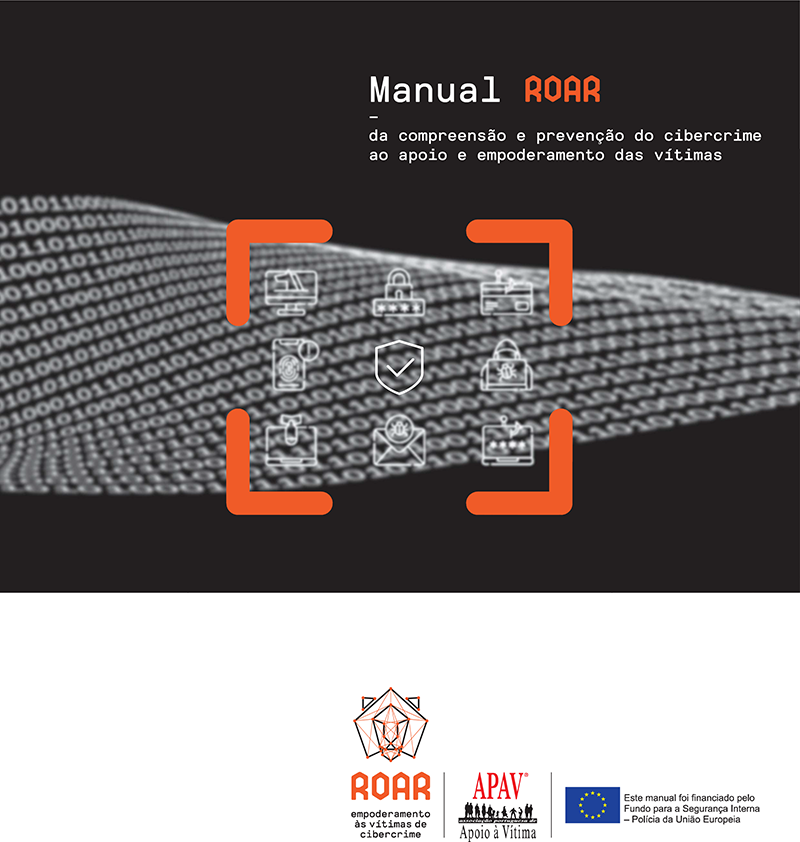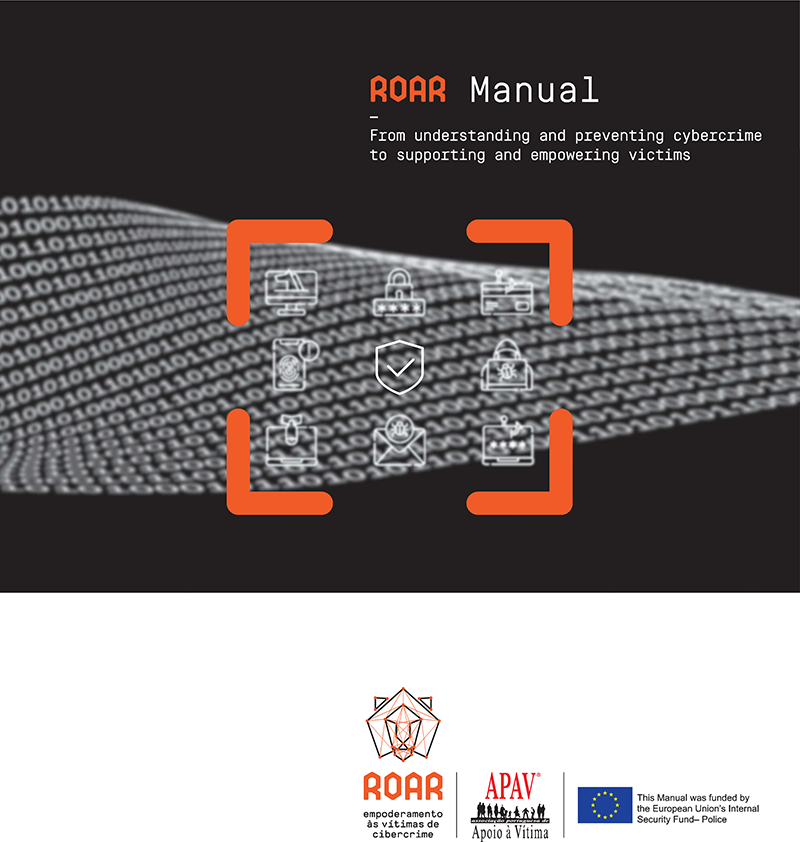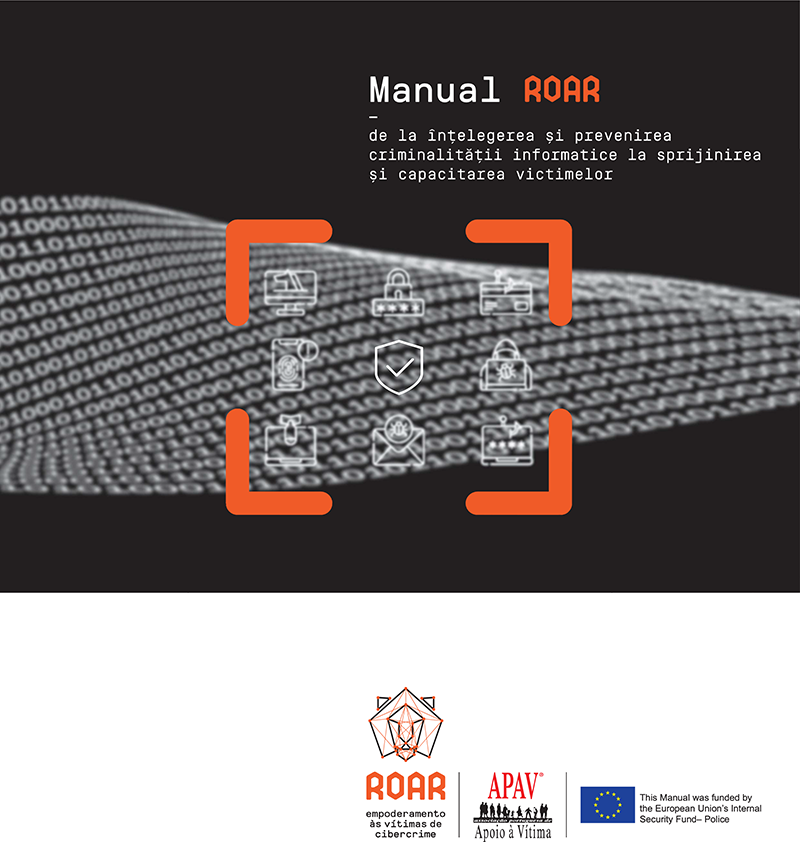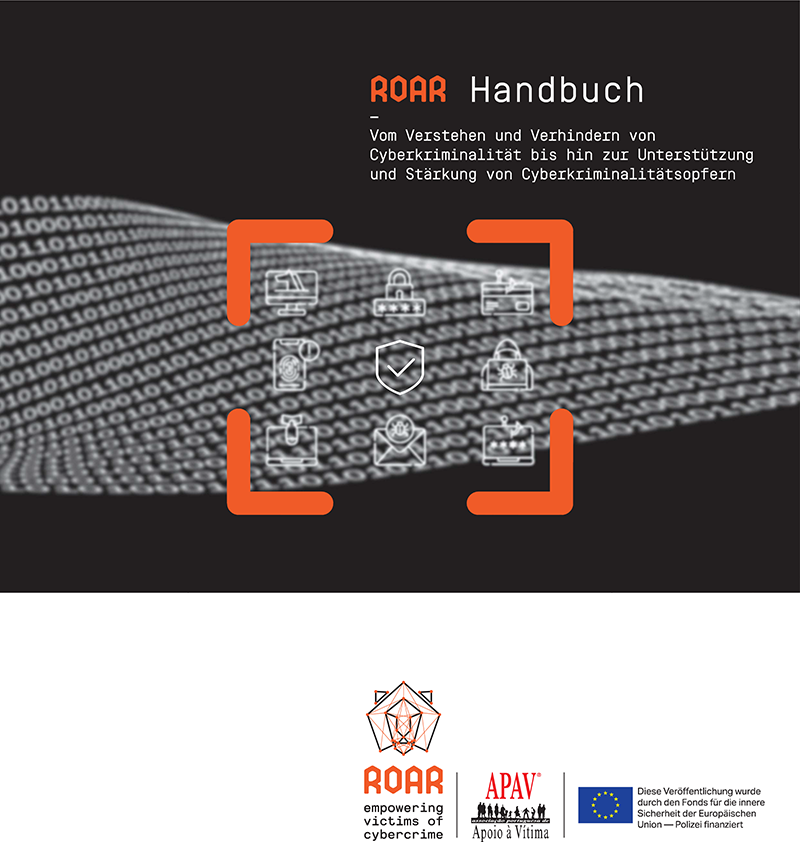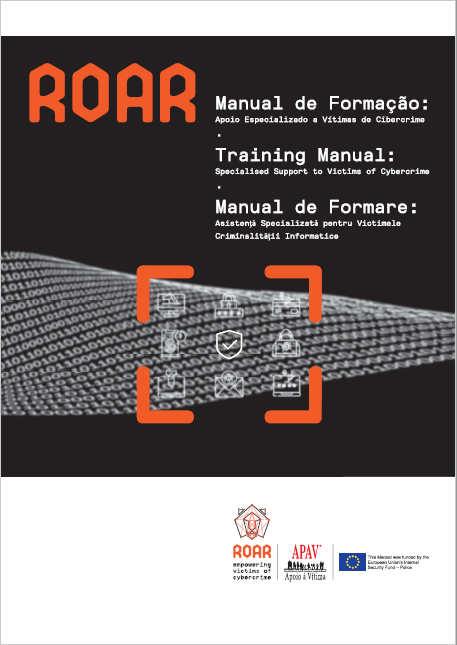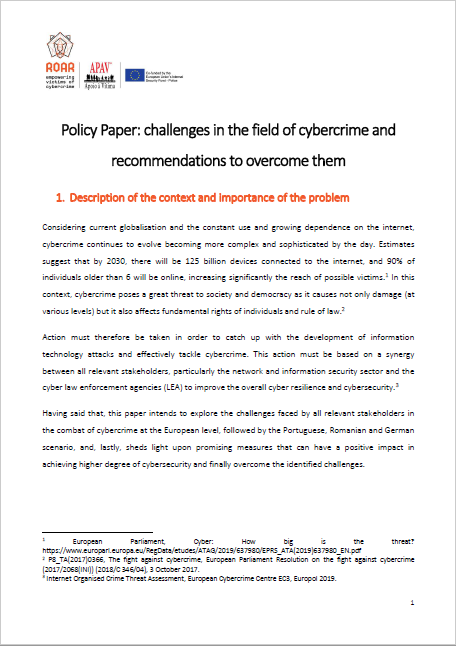
APAV Takes Part In Workshop On Victim Support Lines
On 19 and 20 October a workshop on victim support lines and distance support was held in Brussels.
This initiative was promoted by Victim Support Europe, in the context of the VSE Centres of Excellence.
With members from different countries and with distinct experiences, the goal of these events is to share learnings and challenges that differ from place to place.
The workshop was focused on in-depth discussion on:
- The selection and training of volunteers for online counselling and the helpline
- Community Resiliency Model training module for victim support organisations
- TRiM method based on cognitive behavioural therapy
- Promotion of #116006Helpline and online support
- Funding of helpline and online support
- How other 116 helpline are run?
- Standards for helpline
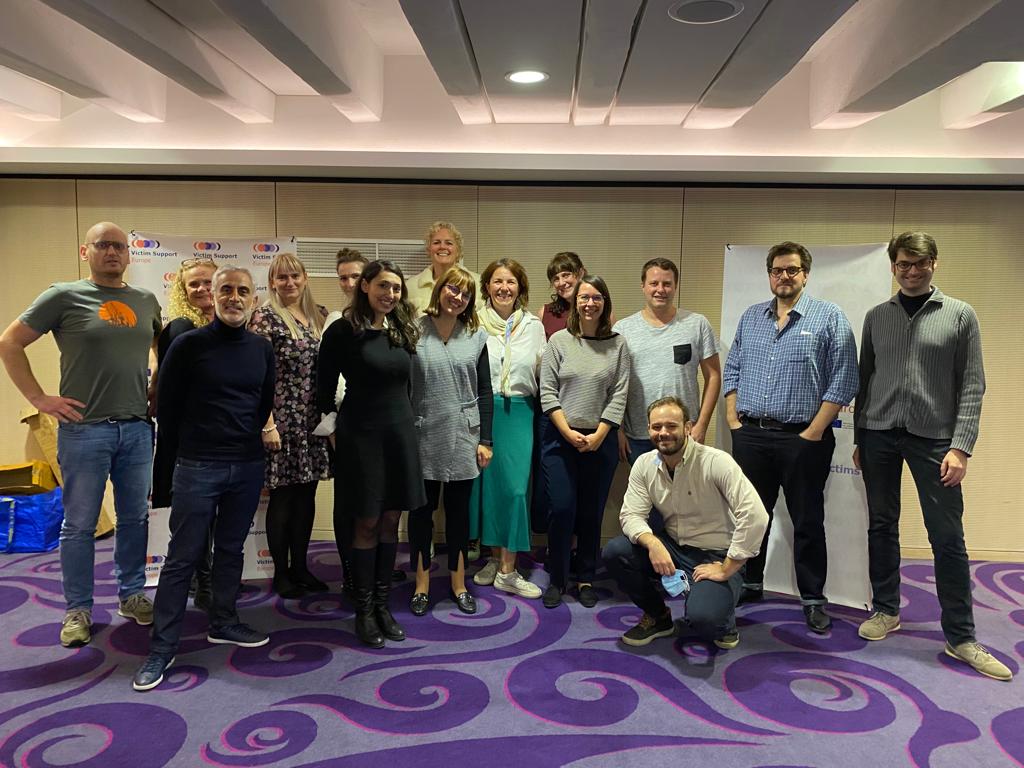
APAV participates in the Victim Support Europe Annual Conference 2021
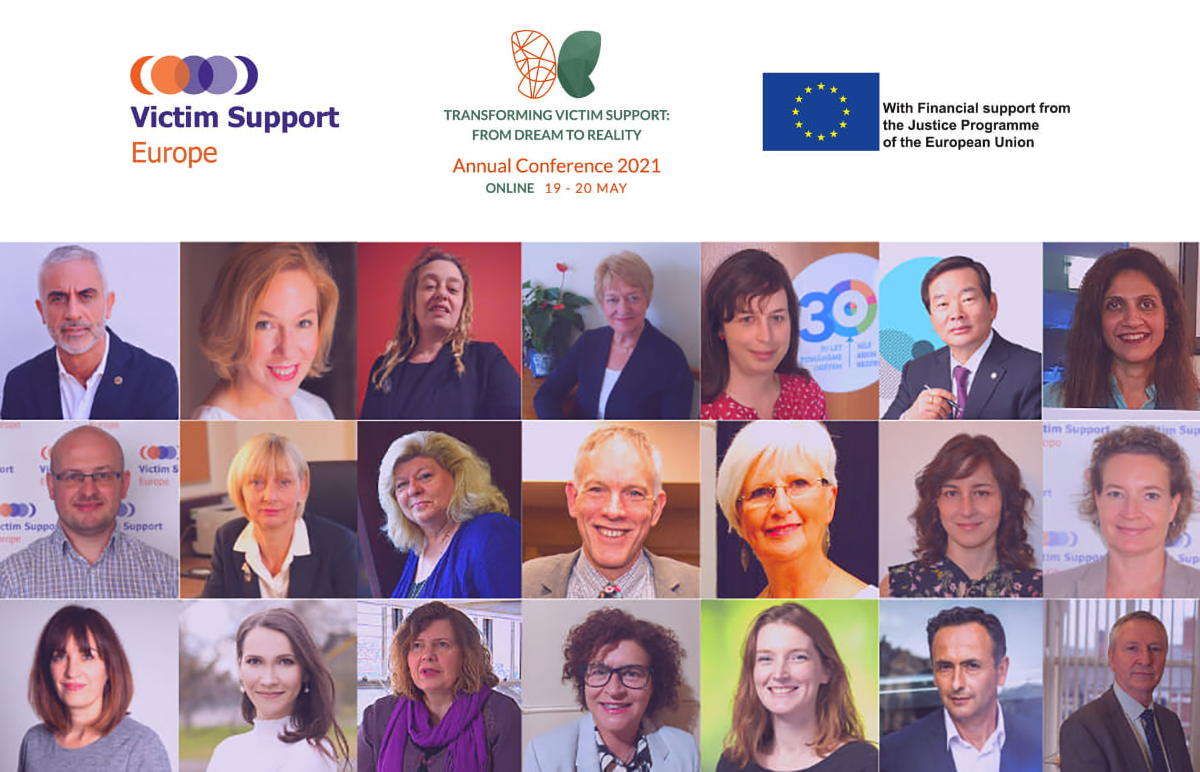
"Transforming victim support: from dream to reality" is the motto of the Victim Support Europe Annual Conference 2021, which takes place on the 19th and 20th of May. This online event aims to celebrate the work on victim support in several countries of the European Union over the past three decades.
This year's edition brings together the main international actors in the work with victims of crimes and will address topics such as the evolution of victim support movements, the development of support services, specialized services or innovative therapies and methods for the recovery of victims. .
Victim Support Europe is an organization that brings together the various victim support services and organizations in Europe and is currently chaired by also APAV's president, João Lázaro.
APAV provides support manuals for cybercrime victims
Handbook
It is estimated that about 1 million people are victims of cybercrime a day. While the Internet has facilitated activities such as shopping and banking and has allowed for interpersonal contact despite distance or physical borders, it has also created another setting in which crime can occur. These cybercrimes may include phishing, fraud, stalking, hate speech, and child sexual abuse.
Aiming to protect, empower and care for victims of electronic crime, the ROAR project was developed by APAV in partnership with institutions from two other European countries, namely the German WEISSER RING and the Romanian ACTEDO, in addition to the national partners, PT Portugal, the Attorney General of the Republic (PGR) and the National Republican Guard (GNR). And this project was funded by the European Union’s Internal Security Fund – Police.
During the project execution, thematic workshops were held for security forces and judicial authorities, with the purpose of drawing attention to the problem of cybercrime and the need to also protect the victims of these crimes. In order to empower and raise awareness of potential victims of cybercrime, the pedagogical aspect of the project carried out training actions for children and young people, distributing informative materials.
The result of all these actions culminated in the elaboration of a manual of procedures to be adopted in case of assistance to victims of cybercrime, in addition to a set of recommendations to help clarify eventual issues and facilitate the fieldwork, policy paper.
Handbook
In the policy paper, the focus is to address cybercrime at the domestic level and then form partnerships (especially among the EU) that will allow for a united, international approach towards preventing the crime and protecting the victims. It acknowledges the faults and challenges in legislation that are currently in place in certain countries in order to emphasize the need for policies to evolve at the same rate as cybercrime. Cybercrime can be better addressed not only with more proactive legal measures but also with better understanding of it. For example, the paper promotes professional research and access to education of cyber risks and reporting. Cybercrime can threaten individuals, groups, companies, and governments, which is why this policy paper in addition with the handbook are vital in continuing to promote the safety and protection of communities.
Training Manual
The training manual is divided into two parts: the first, "Understanding cybercrime", addresses the understanding of the phenomena and their legal framework; and the second, "Specialized support for victims of cybercrime", reports on aspects and techniques to be adopted in case of assistance to victims of cybercrime, in addition to a set of recommendations to help clarify any questions and facilitate field work. This manual includes 10 modules that complement the training provided by APAV to its employees, interns and volunteers.
Policy Paper
In the policy paper, the focus is to address cybercrime at the domestic level and then form partnerships (especially among the EU) that will allow for a united, international approach towards preventing the crime and protecting the victims. It acknowledges the faults and challenges in legislation that are currently in place in certain countries in order to emphasize the need for policies to evolve at the same rate as cybercrime. Cybercrime can be better addressed not only with more proactive legal measures but also with better understanding of it. For example, the paper promotes professional research and access to education of cyber risks and reporting. Cybercrime can threaten individuals, groups, companies, and governments, which is why this policy paper in addition with the handbook are vital in continuing to promote the safety and protection of communities.
The content of this project represents the views of the author only and is his/her sole responsibility. The European Commission does not accept any responsibility for use that may be made of the information contains.
All the documents developed can be consulted here, available in English, Portuguese, Romanian and German.
"Reclaim Your Safety"
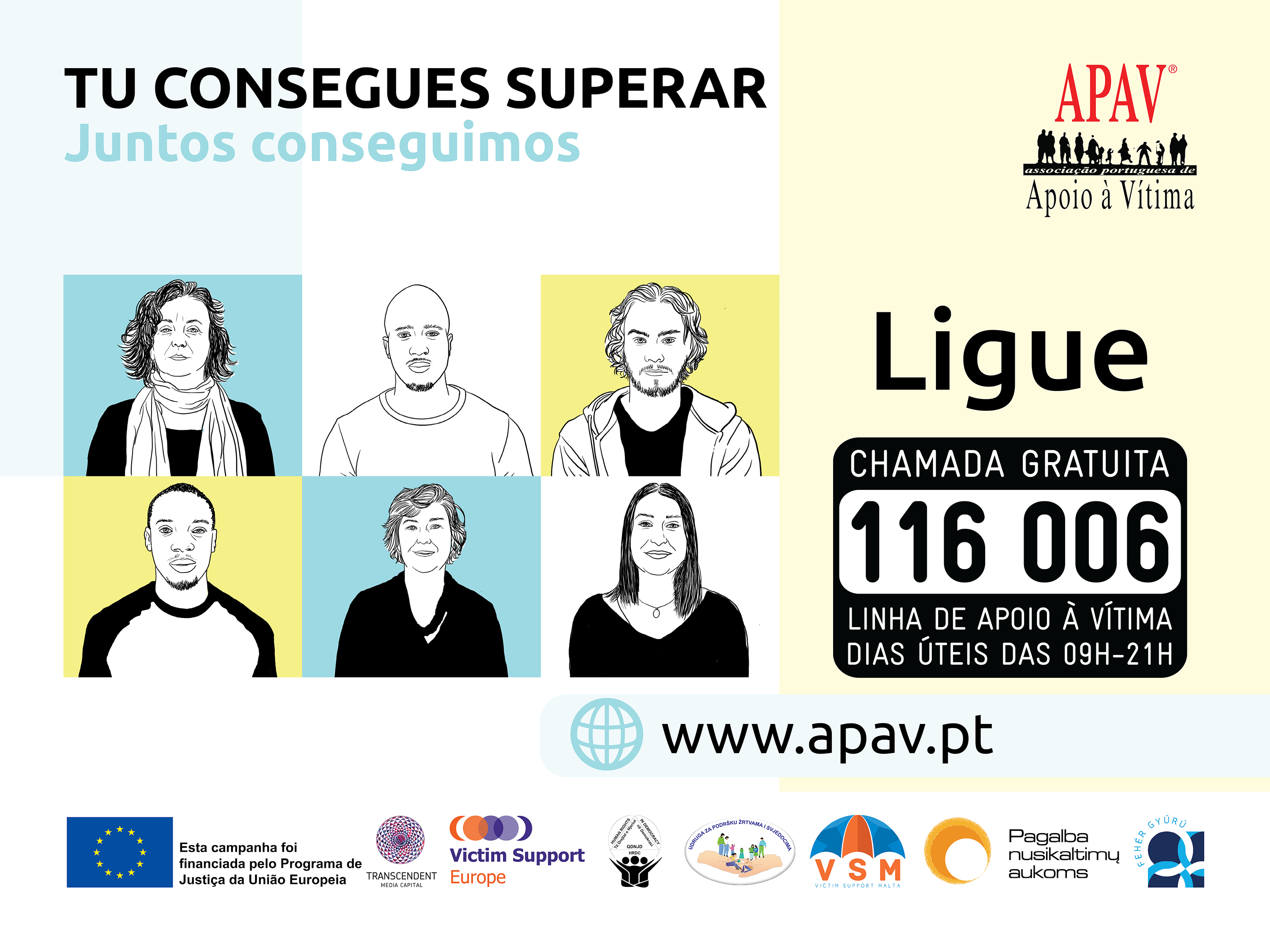
APAV joins Victim Support Europe launching the “Promoting Rights of European Victims” (PREVICT) campaign.
Conducted with 8 partners across 6 different countries, the campaign intends to inform general public of the existence of victim support services and to encourage victims to reach out these services. The campaign will deliver tailored information about the support services to the estimated more than 4,5 million of victims of crimes in the six countries. Videos and other information materials (billboards, posters, brochures, stickers, etc.) will be rolled out in social media and offline from February till May 2021 under the hashtags #ReclaimYourSafety and #TogetherWeCan.
APAV publishes the Provictims report and brochure: The public prosecution and the rights of victims of crime
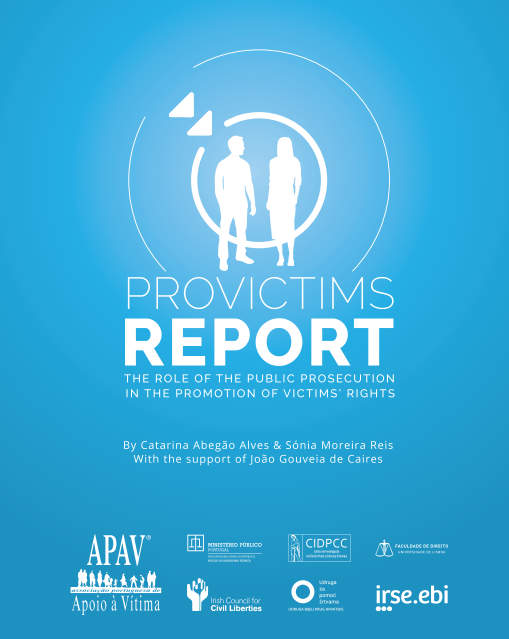
With the publication of Directive 2012/29 / EU, the rights of victims of crime have come to be the object of greater protection. However, for these to be effective, just legal texts are not enough, it is necessary to understand the protection system in its entirety to determinate better solutions. With this in mind, and considering the growing concern of the European Union with the full implementation of the text of the Directive, the PROVICTIMS project was developed, whose main objective was to demystify the roles that actors in criminal proceedings play in guaranteeing the protection of victims' rights.
Under the scope of this Project it was developed the ProVictims Report: The role of the public prosecution in the promotion of victims’ rights and the Brochure: Victims’ rights and the public prosecution service – 10 questions and answers, that we are glad to share.
During the research developed in the report, it was found that the effectiveness of the victims' rights depends on a delicate balance between the representation of the State and its interests as well as the fundamental rights and guarantees of the accused, a result that is not always easily achieved. That is why the victim support services play an essential role in this articulation, as they ensure the commitment to their rights as well as guarantee an exchange of synergy between the other agents of the criminal services.
This report written by Catarina Abegão Alves and Sónia Moreira Reis with the support of João Gouveia de Caires, is a unique contribution in terms of academic research, with fundamental and practical recommendations that can help build a better protection system for victims of crime.
The brochure on Victims’ rights and the public prosecution service – 10 questions and answers highlighted the crucial role prosecutors play in making rights effective and accessible for victims of crime.
The PROVICTIMS project was developed in collaboration between APAV and institutions from four European countries, namely the Irish Irish Council for Civil Liberties, the Spanish IRSE-EBI, the Procuradoria Geral da República, Attorneys General's Office (PGR), the Victims Help and Support Organization White Circle Croatia, of Croatia and the Centre of Investigation for Criminal Law and Criminal Sciences of the Faculty of Law of the University of Lisbon, Portugal.
These outcomes were developed as part of the activities of ProVictims Project, co-funded by the Union's Justice Programme (2014-2020).
ProVictims Report: The role of the public prosecution in the promotion of victims’ rights 
Brochure: Victims’ rights and the public prosecution service – 10 questions and answers 
More Articles ...
- Inclusive Infovictims: information on rights, criminal proceedings and the judicial system
- International Day of Remembrance of and Tribute to the Victims of Terrorism
- Conference: The Protection of Vulnerable Adults in Europe - the Way Forward
- 3rd newsletter of the project Violence against Women and Domestic Violence (VMVD) in Times of Pandemic









